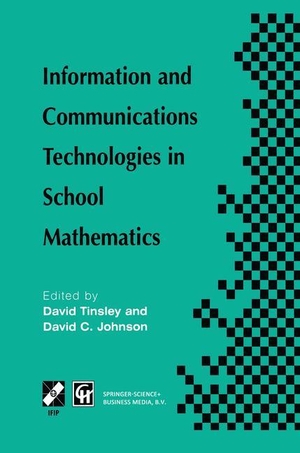Für statistische Zwecke und um bestmögliche Funktionalität zu bieten, speichert diese Website Cookies auf Ihrem Gerät. Das Speichern von Cookies kann in den Browser-Einstellungen deaktiviert werden. Wenn Sie die Website weiter nutzen, stimmen Sie der Verwendung von Cookies zu.
Cookie akzeptieren
Information and Communications Technologies in School Mathematics
- Springer US
- 2013
- Taschenbuch
- 320 Seiten
- ISBN 9781475754735
The International Federation for Information Processing, IFIP, is a multinational federation of professional technical organisations concerned with information processing. IFIP is dedicated to improving communication and increased understanding among practitioners of all nations about the role information processing can play in all walks of life. This Working Conference, Secondary School Mathematics in the World of Communication Technologies: Learning, Teaching and the Curriculum, was organised by Working Group 3.1, Informatics in Secondary Education, ofiFIP Technical Committee for Education, TC3. This is the third conference on this theme organised by WG 3.1, the previous two were held in Varna, Bulgaria, 1977, and Sofia, Bulgaria, 1987-proceedings published by North-Holland
Mehr
Weniger
zzgl. Versand
in Kürze